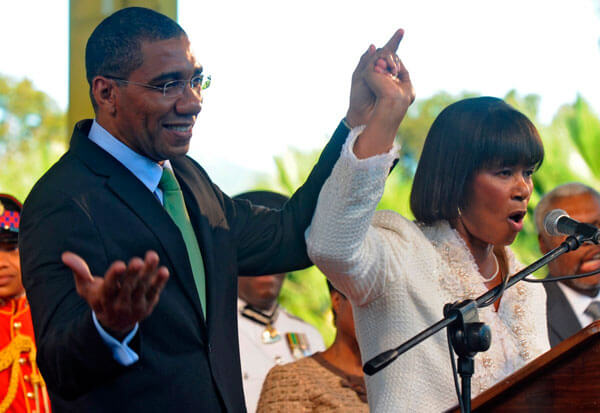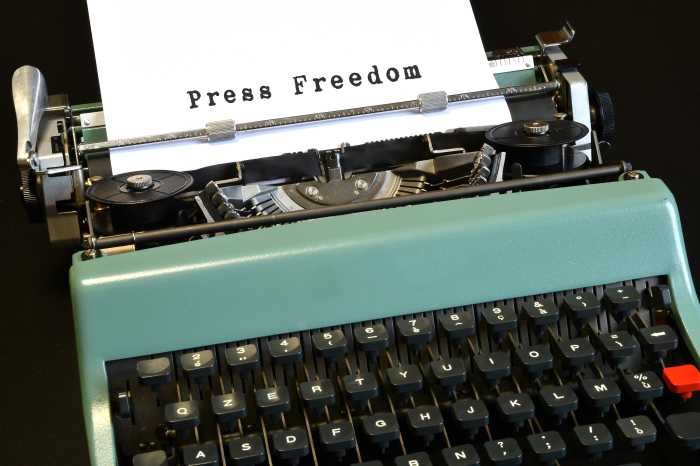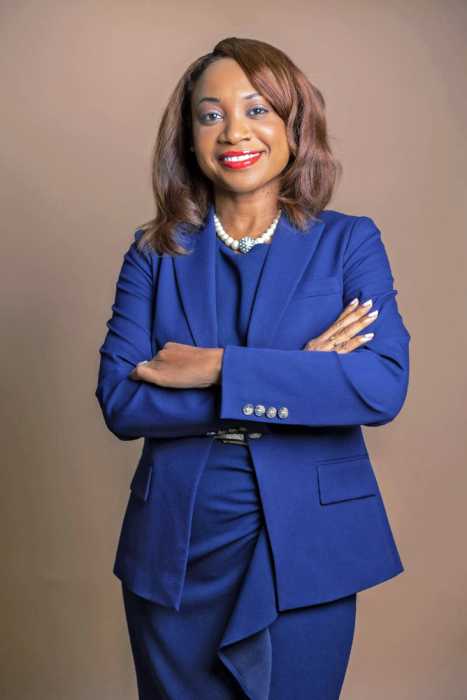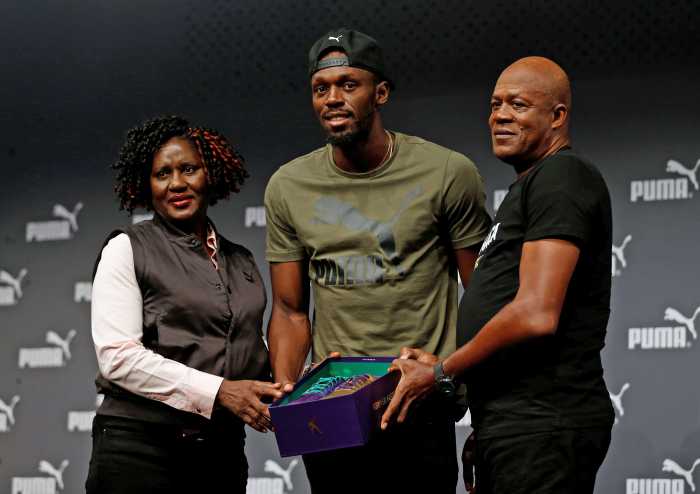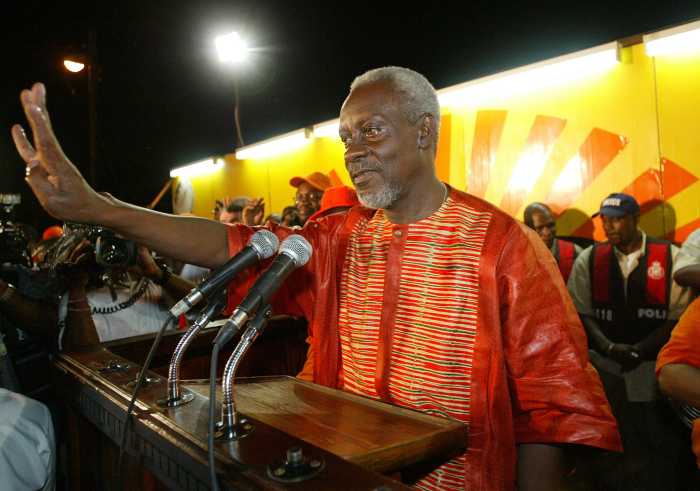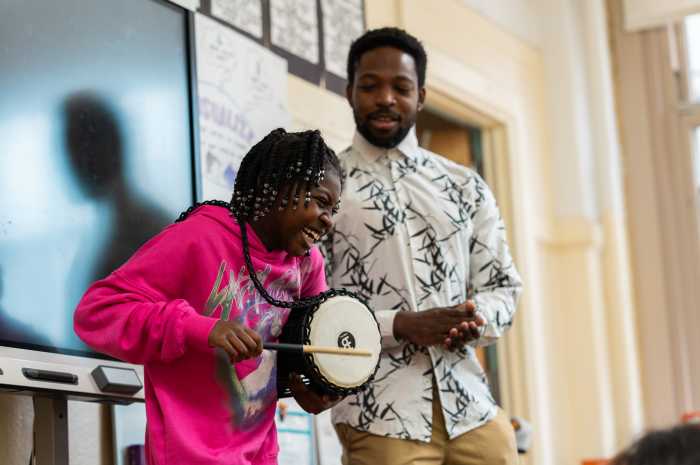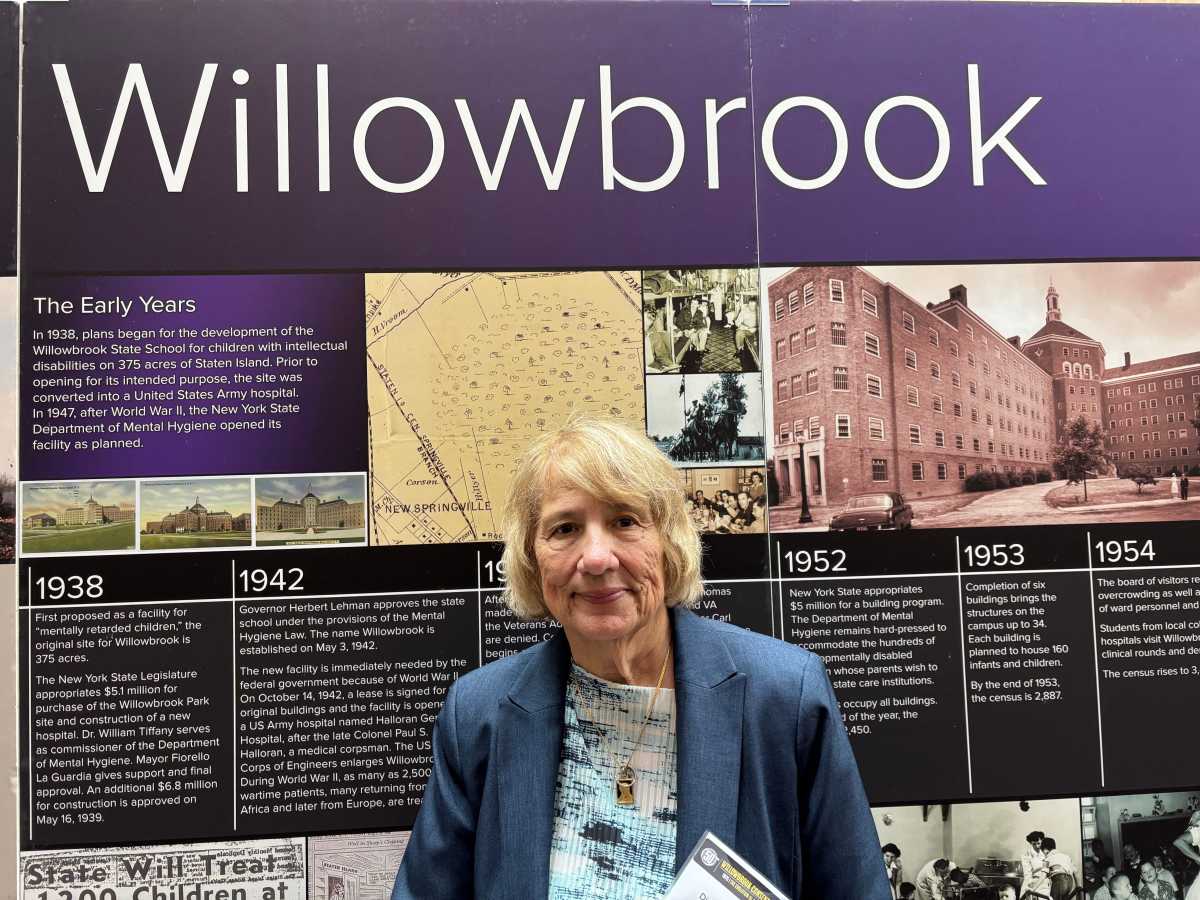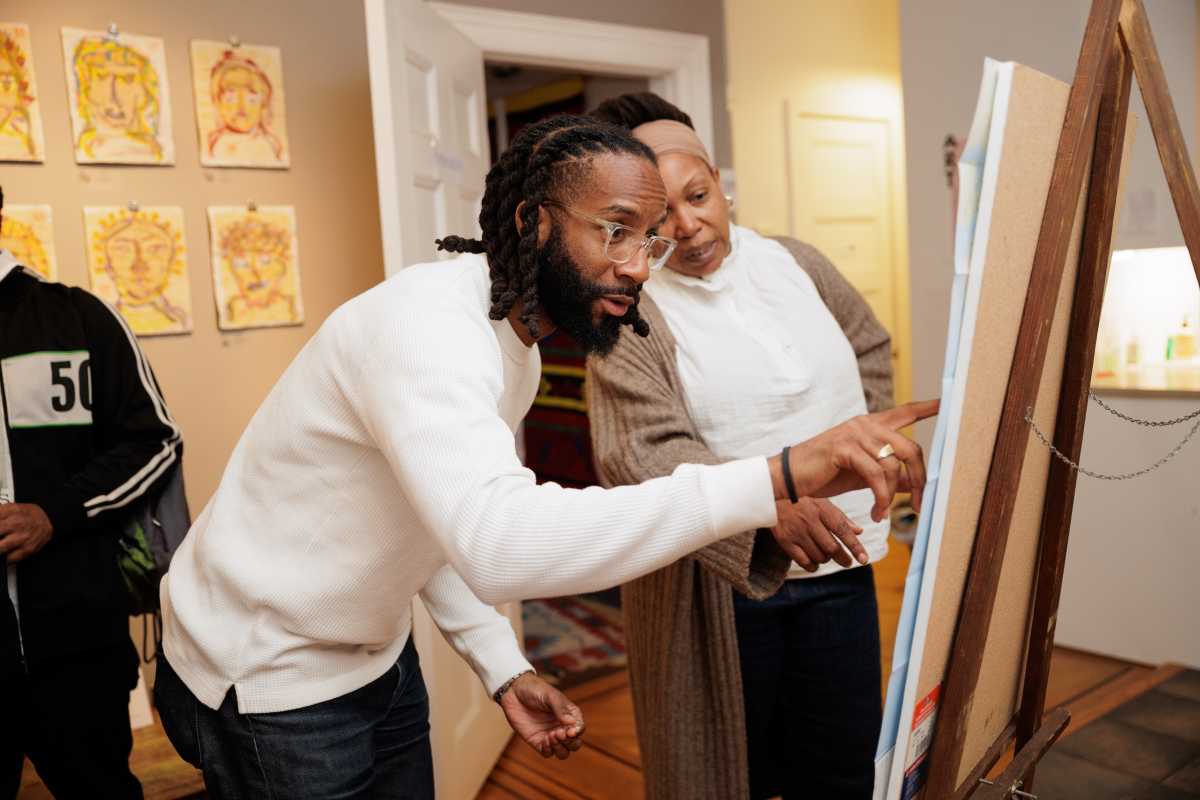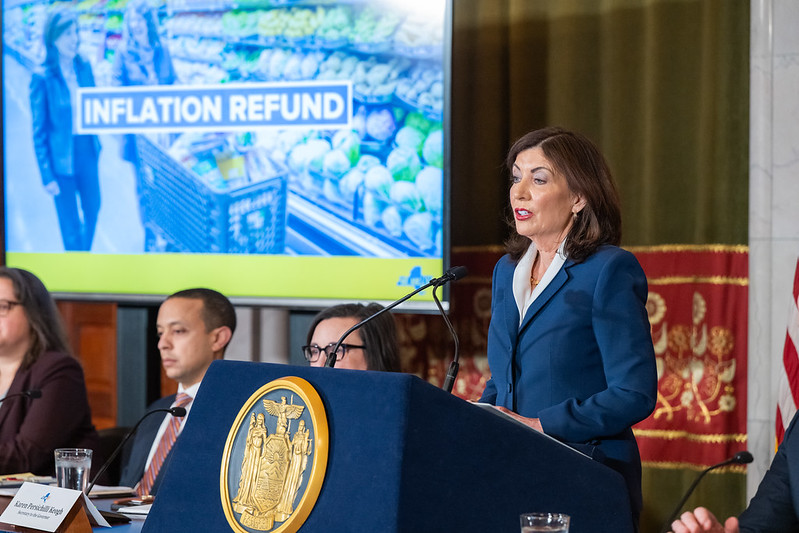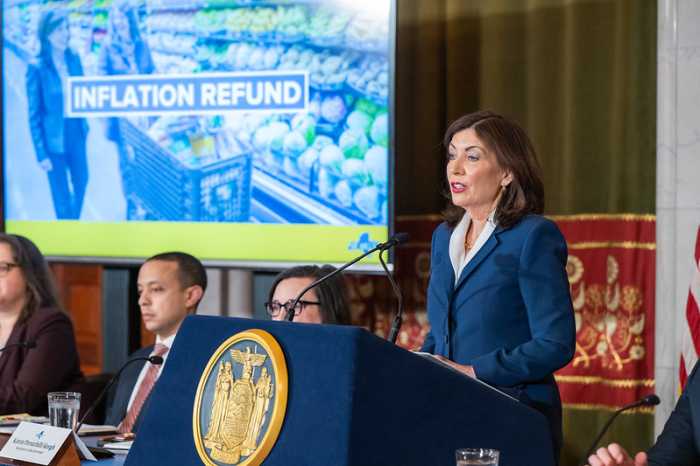On the very first day of Black History Month Jamaican diasporans awakened to the news that Jamaica would be in full political campaign mode during the celebrated duration of February.
Some were half-heartedly disappointed with the sudden announcement.
Some subscribed to a theory that there was a hidden agenda behind Prime Minister Portia Simpson Miller’s decision to hurriedly call an election on Feb. 25.
Andrew Holness, Opposition leader of the Jamaica Labour Party contended that the PM was forced to call the date because a bombshell announcement might be inevitable after the budget is disclosed later.
According to Jamaicans residing here, the concern was that the short notice might incite campaigners to misbehave or worse, return the wrath nationals endured not so long ago.
Reportedly, there has been a sharp decline in crime on the island. However, Jamaica still records some of the highest crime statistics worldwide.
“So we’ve seen a 60-odd-percent decline in that regard,” Peter Bunting, minister of national security said. “It has not happened purely by accident,” he attributed the decrease to “aggressive enforcement work… and through a lot of the social intervention programs that have been running by a wide range of agencies across the society.”
However, for Prime Minister Simpson Miller, the Feb. 25 election date marks the 10th anniversary of her historic election to the leadership of the People’s National Party, a position that historically placed her as a trailblazer for her gender and emergence as Jamaica’s first female prime minister.
While the date hold significance for the ruling political party, the opposition JLP despite dissent about the hastened call date, announced that their membership would have made an even earlier call, one day earlier on Feb. 24 because the date marks the 131st anniversary of the birth of the party’s founder, Sir. Alexander Bustamante.
In addition to being the shortest month of the year, the fact the month is of major significance as Black History Month and also distinguishes itself as Reggae Month — dedicated to the nation’s music and birth anniversary of its most-identified ambassador — Robert Nesta Marley, (not to mention Dennis Brown) — some were concerned that no consideration was given to the cultural aspects of the month.
The Jamaica Reggae Industry Association (JaRIA) organizers of the national month-long music celebration revealed plans for the annual tribute in January saying that all events would culminate on Feb. 25 with an awards ceremony acknowledging major contributors to the genre and culture.
Seventeen achievers were named for special acknowledgement and honor on the very same date that the public must execute civic and national pride.
Already, adjustments to a JaRia lineup of Wednesday activities had to be cancelled in order to accommodate the Ash Wednesday observance on Feb. 10.
The conflict with elections on their signature event on Feb. 25 sparks another reason for disenchantment with celebrants wanting to revel in music over politics.
While JLP leader Holness is now resigned with the chosen date, saying regardless of the date he will celebrate his election victory, a day after marking the anniversary of his party’s founder’s birth, in less than a week after the announcement, three people were shot dead during a JLP campaign rally. Reportedly, nine people were actually fired upon and fortunately six individuals are recovering from their wounds.
“I am very disappointed that this could happen, but we will not let it overshadow our campaign,” Holness said after hearing the tragic news, adding that despite the tragedies “the campaign continues.”
Winchroy Budhoo, assistant commissioner of police (ACP) assured the nation that speculations about political violence were unfounded.
“Let me state categorically that the murders / shootings that took place … were not politically motivated.”
He explained that the shootings resulted from a dispute between rival gangs.
Parliament was dissolved on Feb. 5.
Since then, a united hope for calm and non-violence has prevailed throughout Nomination Day on Feb. 9.
It is the designated day for the official naming / selection of candidates to contest the elections. The law there requires a minimum of 16 days before the national voting date and a minimum of five days after the announcement.
Expectedly, 126 candidates from the PNP and the JLP were selected to contest the election of 63 members of Parliament to represent as many constituencies.
Twenty-five more candidates were projected to enter the race as independent third party contenders.
They represent the Marcus Garvey People’s Political Party, the National Democratic Movement and others.
Optimistic about his election, Opposition leader Holness proposed changes he would initiate immediately after taking office.
“The time to change the system to a fixed election date is now. Within our first 100 days of government, we will start the legislative process to fix the general election date in Jamaica. This will bring greater certainty to the political process.”
Convinced that his theory of an impending financial debacle might have weighed on the PM’s announcement, he added: “and by the way, the date will be a date after the budget and not before.”
The hope is that both will sustain peace and non-violence throughout the month.
Since Aug. 6, 1962, Jamaicans at home and abroad have proudly embraced the “Out of Many One” motto of the nation. They also proudly boast the “One Love” mantra, popularized in song by their most acclaimed ambassador.
While Labourites (JLP) are confident of victory, comrades (PNP) have predicted a landslide win on Feb. 25 or one that could have waited until March — Women’s History Month.
Catch You on The Inside!


